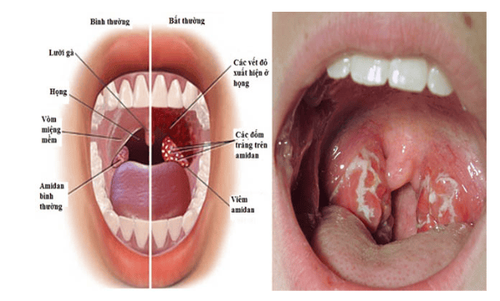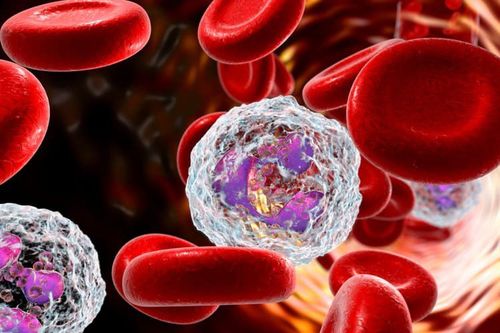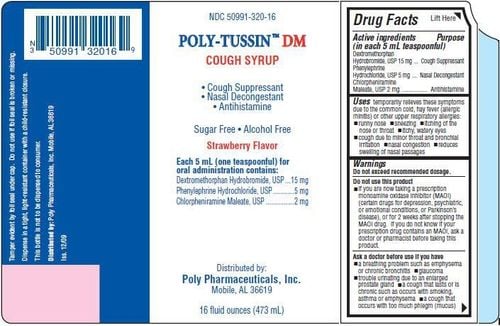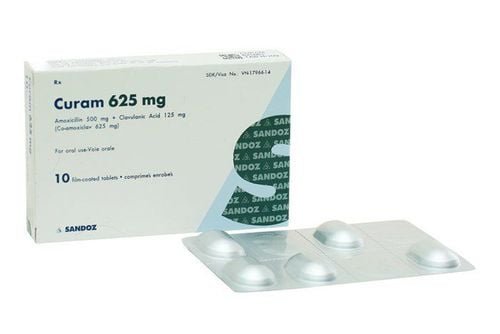This is an automatically translated article.
The article was professionally consulted by Dr. CKII Nguyen Van Thai - Department of Medical Examination & Internal Medicine - Vinmec Danang International General HospitalChildren with acute VA with high fever and irritability not only worry parents but also can have extremely dangerous complications if not recognized and treated promptly.
1. What is VA?
V.A (Végétations Adénoides) is a lymphoid organization located in the nasopharynx, also known as Luschka tonsils. V.A. thrives at a young age and begins to recede from the age of 5-6 onwards. The mission of V.A. is to recognize and identify pathogenic factors that enter the body and help the body produce antigens to protect the body.
Acute viral hepatitis is an acute, exudative or purulent inflammation of the Lushka tonsils. Due to frequent contact with bacteria, it is also often attacked and becomes the residence of bacteria and viruses that cause disease. The causative agent of acute viral hepatitis is usually a virus, and then a bacterial superinfection makes the disease more complicated such as:
Virus: Adenovirus, Myxovirus, Rhinovirus... Bacteria: Staphylococcus aureus, staphylococcus aureus Group A beta-hemolytic streptococci, Haemophilus Influenzae... Some risk factors can facilitate bacteria or viruses to attack the body, increasing the risk of acute VA such as: Weak resistance; The weather changes seasons; Sanitary conditions are not guaranteed: dust, drafts, personal hygiene for children is not good...

2. Subjects susceptible to acute VA
Acute viral hepatitis is an acute infection that is common in young children. V.A infection accounts for a fairly high rate, about 30-40% of children in Vietnam, that is, 1 in 3 children has V.A.Especially, for children with rickets, malnutrition, premature babies, allergies or chronic diseases or diseases that reduce resistance and immune system,... are also factors. favorable for disease development.
3. Signs of acute VA
Diagnosis of acute viral hepatitis is often difficult, especially when combined with other infections of the upper respiratory tract such as pharyngitis, rhinosinusitis. Common symptoms in patients with acute VA are:
Sudden high fever: In newborns, children often have a sudden high fever up to 40 degrees Celsius - 41 degrees Celsius, accompanied by severe reactions. such as: laryngospasm, convulsions, ear pain. Older children may have meningoencephalitis, but the course is milder than in neonates. Nasal congestion: Newborns can completely stuffy nose, runny nose on both sides, at first runny nose then thickened, milky white, with increasing amount. The child must breathe through the mouth, breathe fast, have an irregular rhythm, stop eating, stop sucking, cry. Older children do not have a completely blocked nose but snore, especially at night, with a closed nasal voice. In adults, if there is a sore throat behind the uvula, tinnitus, hearing loss. Pus and mucus in the nose : The nasal cavity is filled with pus and mucus, it is impossible or difficult to examine the nasopharynx through the nose first. In older children, after aspirating the mucus in the nasal cavity, placing drugs to shrink the nasal mucosa can see the V.A. organization on the roof of the dome covered with mucus pus. Swollen red throat: Examination of the throat shows a red mucosa, a layer of white, yellow mucus covering the mucosa of the back wall of the throat, flowing down from the dome. Ear: the tympanic membrane loses its shadow, becomes dull gray, slightly recessed due to tubal occlusion, a very valuable symptom for diagnosing V.A. Small lymph nodes can be palpated at the angle of the jaw, carotid fissure, sometimes even behind the sternum - clavicle - mastoid muscle, slightly painful, no inflammation around the lymph nodes. If acute viral hepatitis is caused by bacteria: A blood count will show an elevated white blood cell count. When the V.A inflammation is prolonged, the V.A. organization can be fibrosis or overstimulate, which is called chronic V.A., the size of the V.A increases, causing narrowing of the posterior nasal port, obstructing ventilation through the nose, reducing the amount of air entering the lungs, leading to lack of oxygen supply to the brain. Children often have a runny nose, sometimes a little, sometimes while cloudy, sometimes a persistent green nose. Children with stuffy nose have to breathe through their mouth, don't sleep well, or startle, panic, snore and sometimes have very dangerous sleep apnea. During the day, children are tired, lethargic, study is not focused, difficult to absorb. Sometimes children have hearing loss, both physical and intellectual development are affected. Some adults who still hold V.A. also often have a stuffy nose, runny or pus-filled nose, sneezing, or snorting. Without archoscopy, it is easy to mistake it for allergic rhinitis.

4. Complications of acute VA
Children with acute viral hepatitis, if not treated promptly and properly, not only can cause loss of function of the VA, but also cause many dangerous complications such as:
Obstruction of airways: Obstruction of nasal passages Later, obstructing the nasal airway, stagnation of fluid and pus in the nose, Can cause sinusitis, acute otitis media, laryngitis, tracheitis and bronchitis. Blocking the air hole in the middle ear, causing acute otitis media, purulent otitis media, perforation of the eardrum, if not treated, will lead to vision loss. Transformed into chronic VA. In severe cases, there may be episodes of apnea during sleep. Children have trouble sleeping, have trouble sleeping, snore, often startle, grind their teeth while sleeping, and may have bedwetting. Children with physical and mental retardation: Slow, less active, less willing to play, have poor hearing. Complications in children with VA are extremely dangerous. Therefore, if the child shows signs of acute VA, parents need to take the child to a medical facility for timely examination and treatment.
Currently, Vinmec International General Hospital is applying the method of tonsillectomy and VA curettage with the Coblator system, which helps children to have much less pain compared to traditional surgery and surgery with unipolar or bipolar electric knife. In extreme cases, children recover quickly after 4-5 days of treatment. The advantages of this technique are fast surgery time, no blood loss, good hemostasis. no burns after surgery, no swelling, gentle postoperative process.
Please dial HOTLINE for more information or register for an appointment HERE. Download MyVinmec app to make appointments faster and to manage your bookings easily.














